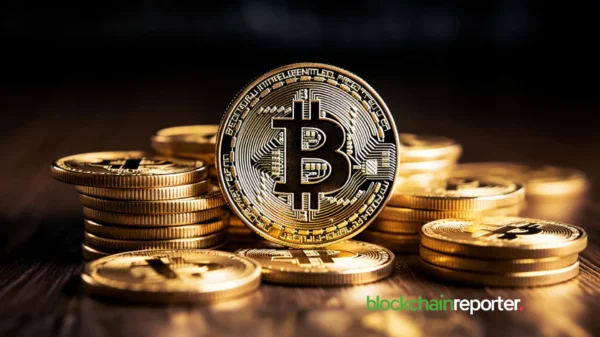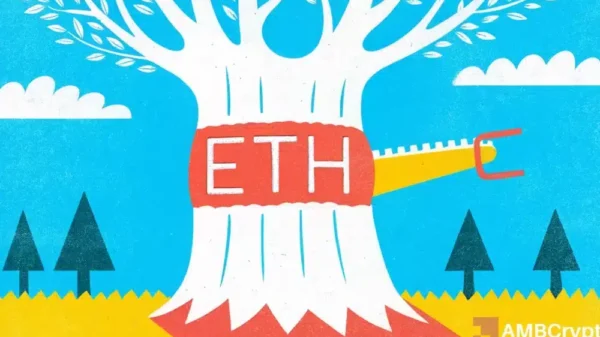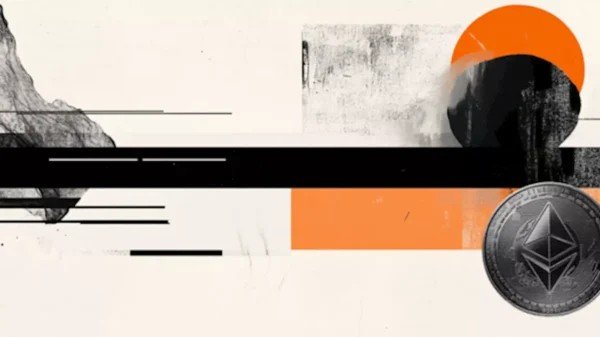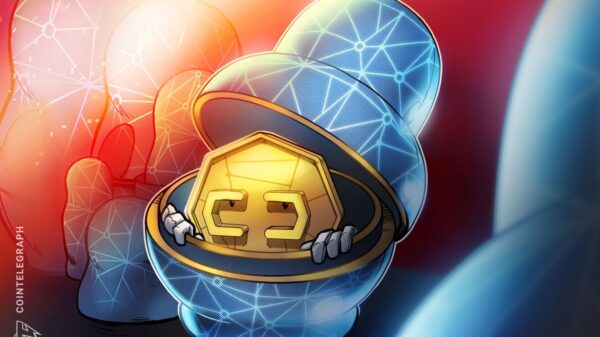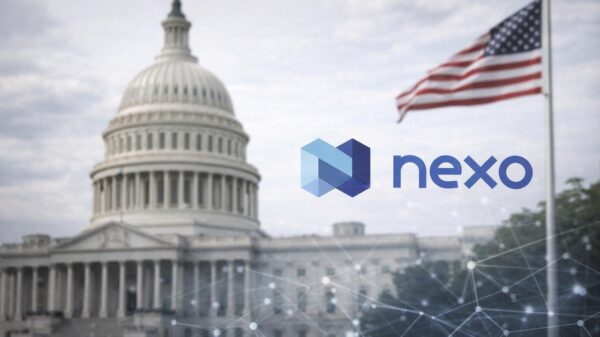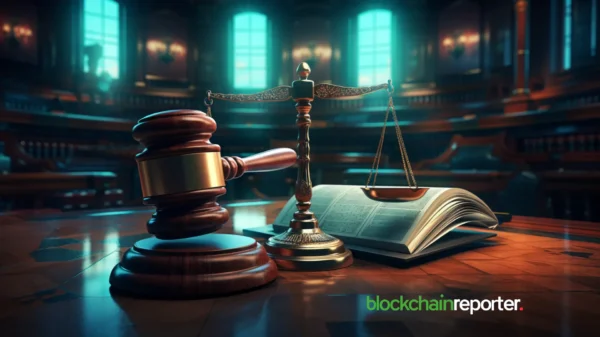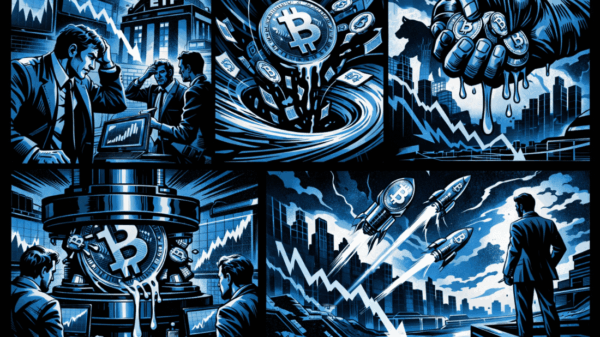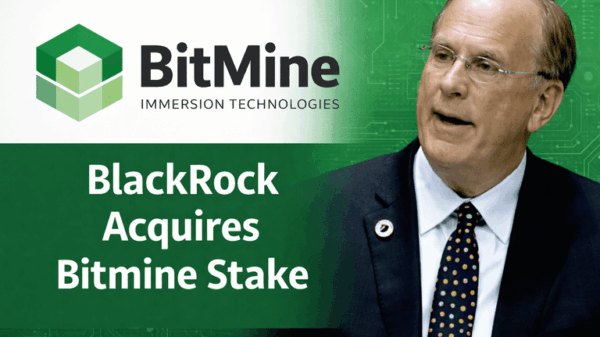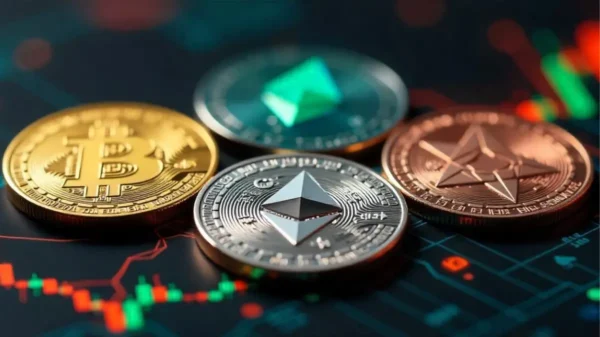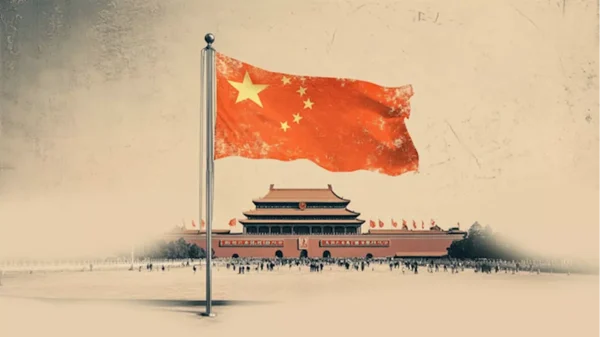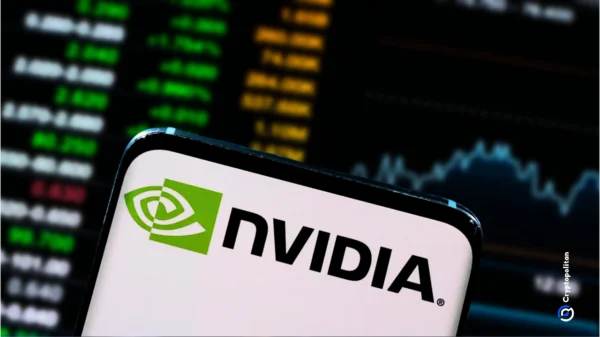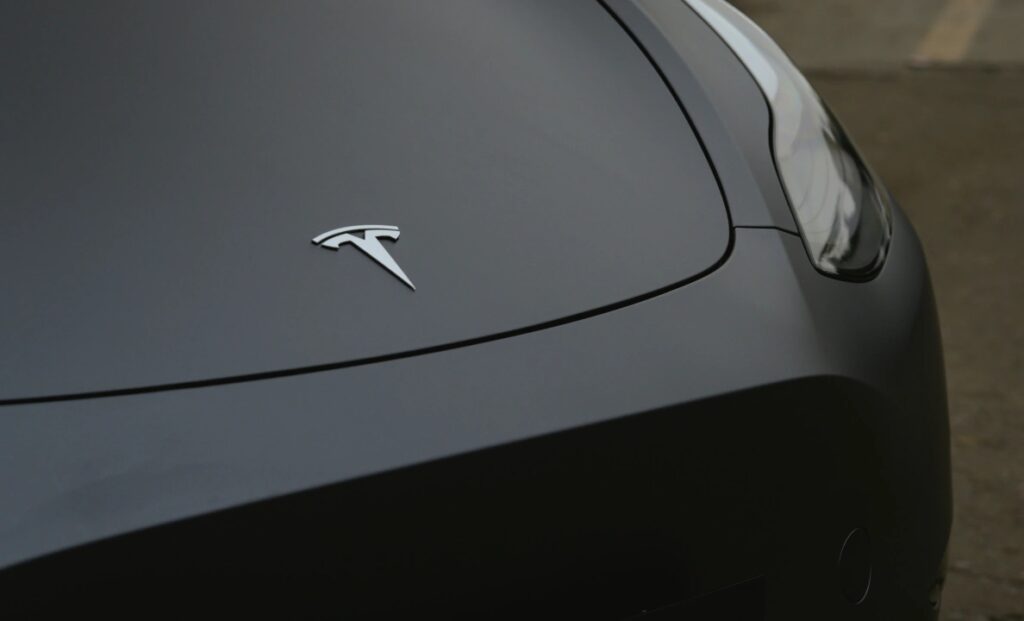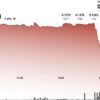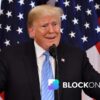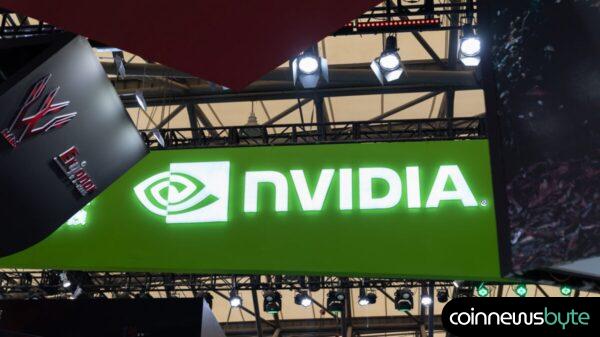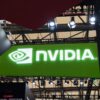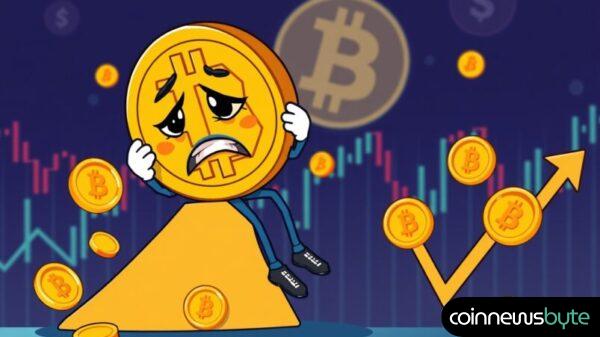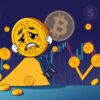Tesla is taking significant steps to exclude parts manufactured in China from its vehicle production in the United States. This decision comes as a direct response to escalating tensions between the United States and China, which have caused widespread disruptions in various industries, prompting companies to seek more stable supply chains.
The electric vehicle (EV) maker has reportedly instructed its U.S.-based suppliers to avoid sourcing components from China for cars produced in the U.S. Already, Tesla has begun replacing some components sourced from China and intends to phase out others over the next year or two.
One of the driving factors behind this shift is the uncertainty surrounding tariffs and trade policies between the two nations. Additionally, Tesla aims to fortify its supply chain stability following challenges faced during the pandemic. As tensions between Washington and Beijing continue, companies like Tesla are increasingly focused on “de-risking” their operations by minimizing reliance on Chinese products.
Among those suppliers, Panasonic Energy, a key battery supplier for Tesla, has made reducing exposure to China a primary objective for its U.S.-made batteries. Other automakers, including General Motors, are also instructing their suppliers to cease sourcing from China, with GM targeting an end to many of these ties by 2027.
While the shift away from Chinese products aims to reduce dependency, it poses challenges, particularly in sectors like battery materials where Chinese firms hold a dominant position. Components such as lithium-ion battery materials, printed circuit boards, and electronic control units may prove difficult to replace. Suppliers will need to identify suitable alternatives to maintain production efficiency.
This strategic pivot, however, could lead to increased costs for suppliers that must relocate production or source materials outside of China. Major reengineering efforts may also be required, pushing Tesla to lean more heavily on suppliers based in North America, Southeast Asia, or other regions.
As of now, Tesla has not detailed which specific components are most reliant on Chinese manufacturing or the timeline for complete replacements. The transition could also impact the quality and production speed of Tesla”s vehicles, presenting challenges for CEO Elon Musk as he navigates the company through this pivotal phase of growth, which includes a substantial and contentious $1 trillion pay package for his leadership.






